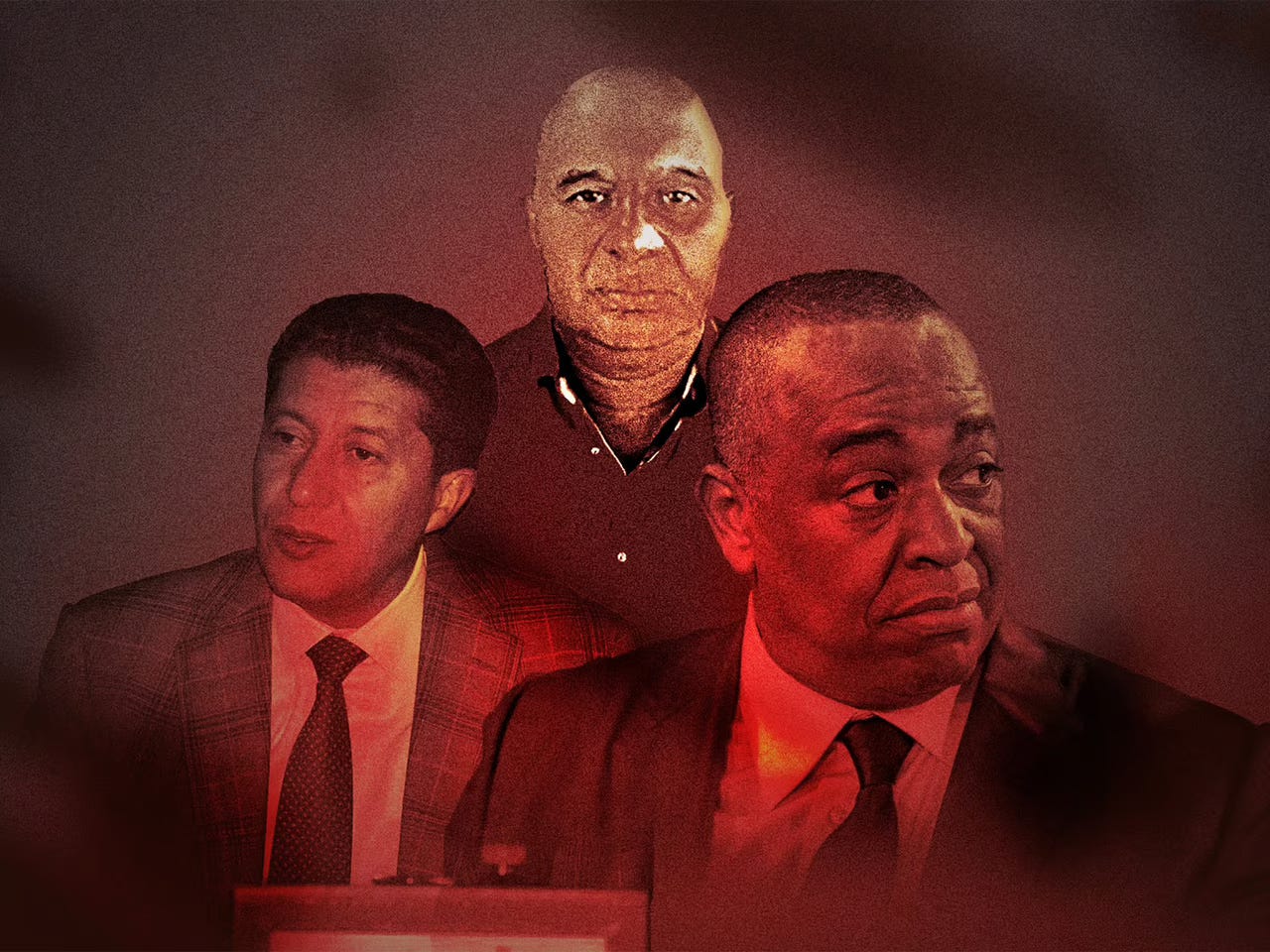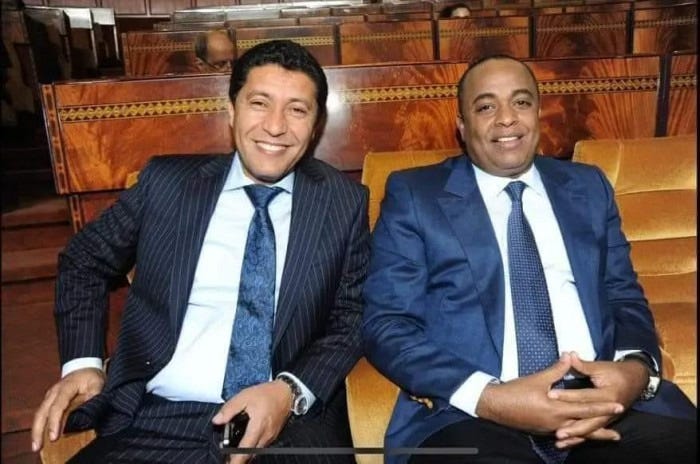Escobar of the Sahara: Ghosts of the Sahel in the Halls of Power in Morocco
Cocaine, sex, politics, and football — a scandal linking trafficking, power, and fame.
Cocaine, sex, politics, and football. From his prison cell deep inside Morocco, Brahim El Hadj Ben Ahmed — known as the Sahara’s Escobar — is no longer staying silent. The man who once ruled the drug routes stretching from Kidal to Nouakchott to Casablanca now finds himself at the heart of a national scandal, revealing how tons of powder crossed the Sahel and ended up entangling influential figures within Morocco’s centers of power.
Last Friday, in a charged courtroom, Said Naciri — former president of Wydad Casablanca, member of Parliament, deputy mayor of Casablanca, and PAM heavyweight — tried to defend his name. Accused of influence peddling and illicit ties to Brahim, he responded not with denial, but with documentation. His defense was sharp, tactical — and carefully staged.

I speak from experience. Just after his election at the head of Wydad, I personally coordinated his first public interview while directing Le360.ma. Later, as president of Olympique Club de Khouribga, I saw him operate from within the football and political machinery. In Morocco, football isn’t just a sport — it’s a religion for the people, and a soft power weapon for the elite. Naciri understood this better than anyone — until the Brahim case began tearing through the facade. A cocktail of influence, crime, and silence.

The case also ensnared Abdennabi Bioui, president of the Oriental Region, member of Parliament, and a powerful contractor who oversees multi-million dirham public infrastructure projects. He, too, has been named in the investigation — his name appearing in shell company records and property deals under judicial review.
But the scandal has also veered into the world of Moroccan showbiz: Latifa Raâfat, the iconic singer and household name, was mentioned in court records due to a past personal relationship with Brahim. Though the affair ended years ago, her name resurfaced in seized documents related to property and financial transfers. It’s yet another sign that Brahim’s influence didn’t stop at borders or political backchannels — it reached deep into Morocco’s celebrity circles.
The Invisible Kingdom: Brahim’s Network Across the Sahel
Born in Kidal, northern Mali, to a Tuareg father and Moroccan mother, Brahim began his career as a small-time smuggler — first gold, then used vehicles between Europe and West Africa. But by the early 2000s, he had scaled up. His network trafficked cocaine from Latin America, routed through Guinea, Mauritania, and Mali. Moroccan cannabis resin flowed southward, traded or funneled into Algerian, Nigerien, and Libyan routes. Cities like Agadez, Zouerate, and Nouakchott became key transit points.
The Sahel wasn’t a corridor — it was his kingdom. His connections included tribal leaders, corrupt officials, and shadow operators within state networks. Millions of dollars were laundered through front companies in logistics, mining, and real estate — many of them later flagged in Moroccan investigations.
After serving time in Mauritania, Brahim landed in Casablanca in 2019 — and was immediately arrested by Moroccan authorities acting on an Interpol alert. But instead of fading into the prison system, he started naming names.
A Shifting Defense and a Villa at the Center of It All
In a surprising twist during the April 18 courtroom session, Said Naciri named Ahmad Ahmad, the former CAF president, in connection to the now-infamous villa in Casablanca’s Californie district. Naciri claimed the villa was initially intended for Ahmad, who allegedly gave him power of attorney to explore the purchase. But after the deal fell through, the property was acquired by Naciri’s real estate company. Brahim, however, claims the villa was his — and that Naciri extorted it from him.
According to interrogation reports from the Brigade Nationale de la Police Judiciaire (BNPJ) — documents I’ve reviewed personally — investigators compiled testimonies and allegations describing wild parties held inside that villa. Sex, alcohol, and political guests, some say. There are even persistent rumors of a hidden camera system used to film attendees, later possibly weaponized for blackmail. None of these claims have been publicly confirmed — but their inclusion in official reports speaks volumes about the paranoia and pressure at play.
The PAM’s Exposure
The Brahim affair hit the Authenticity and Modernity Party (PAM) like a political earthquake. Two of its most powerful regional leaders — Naciri and Bioui — are now under judicial scrutiny. The BNPJ files point to money laundering, fake real estate deals, and possible campaign financing through illicit funds. The PAM isn’t a marginal group — it’s part of Morocco’s ruling coalition, which makes the implications of this scandal national in scale.

What Comes Next
The next court session may be the most decisive yet. All eyes are now on Said Naciri, whose strategy so far has been to attack the credibility of his accuser while painting himself as a victim of manipulation. But pressure is mounting. If Naciri is pushed further, he may speak more freely — or choose to name others. In that case, this story could evolve from a political scandal into a serious test for Morocco’s institutions.




